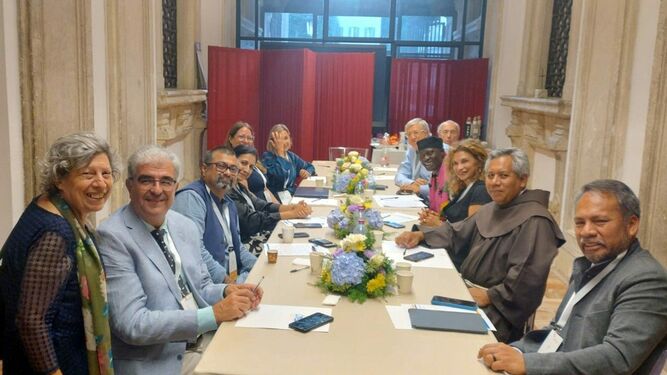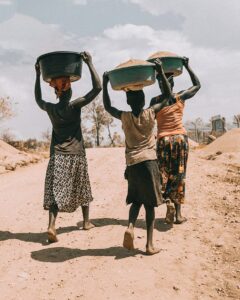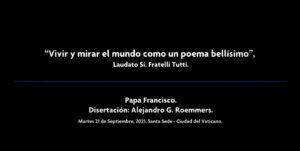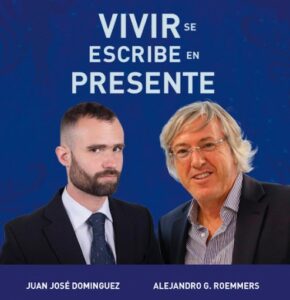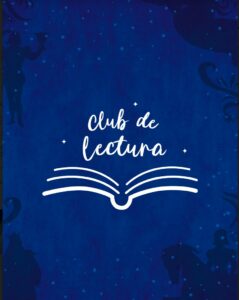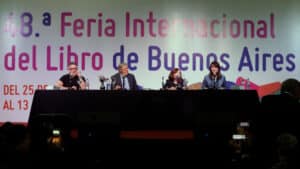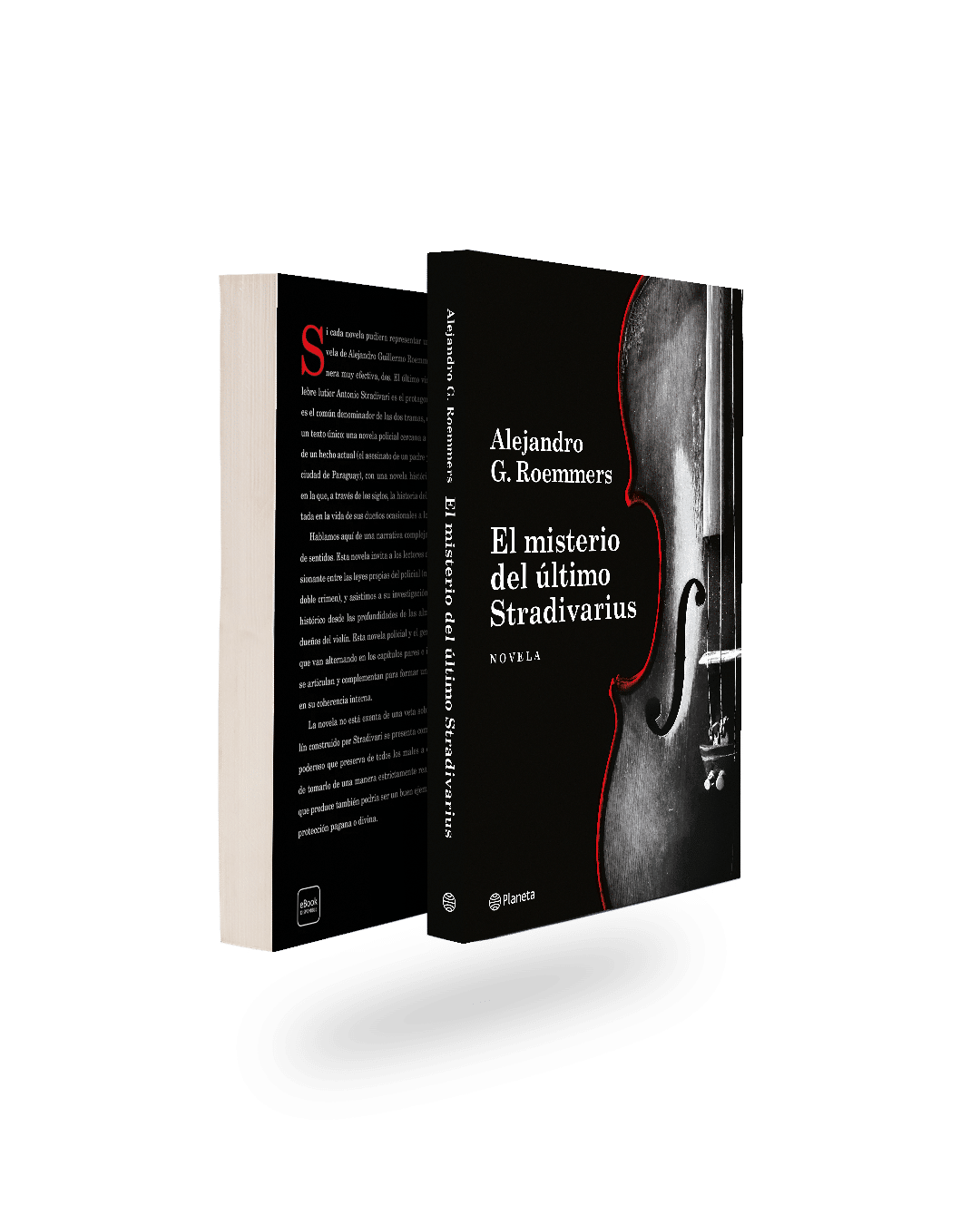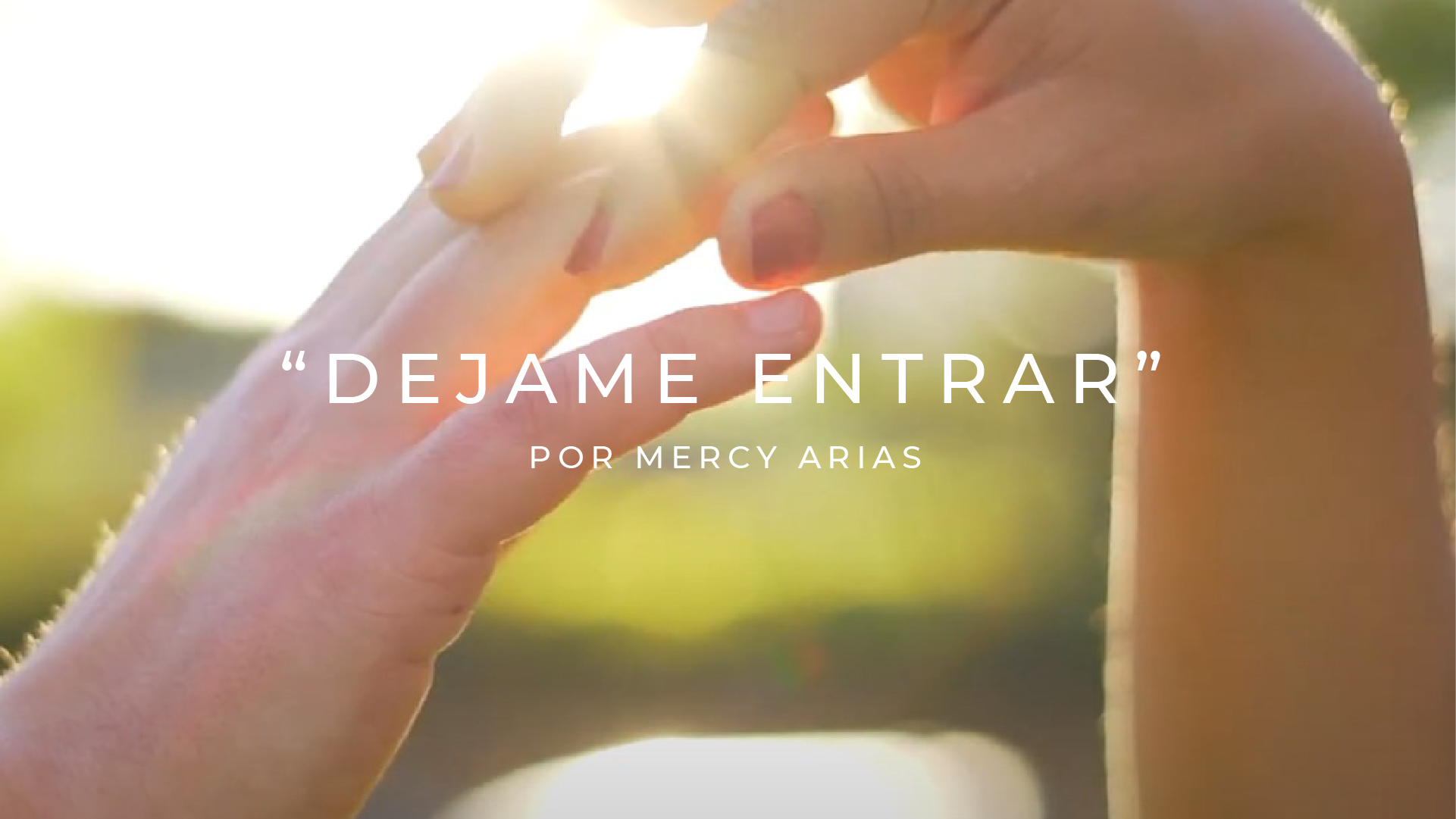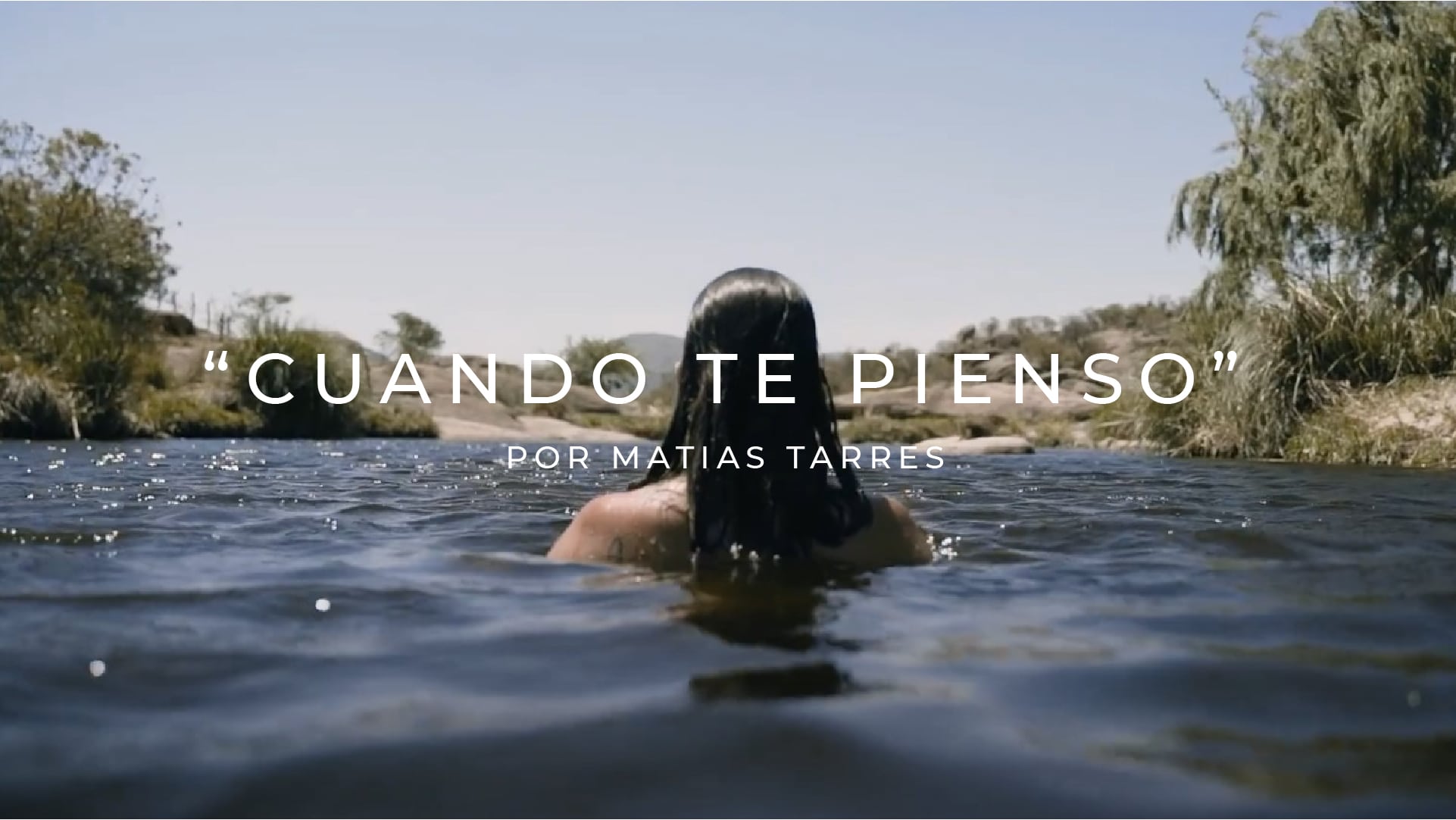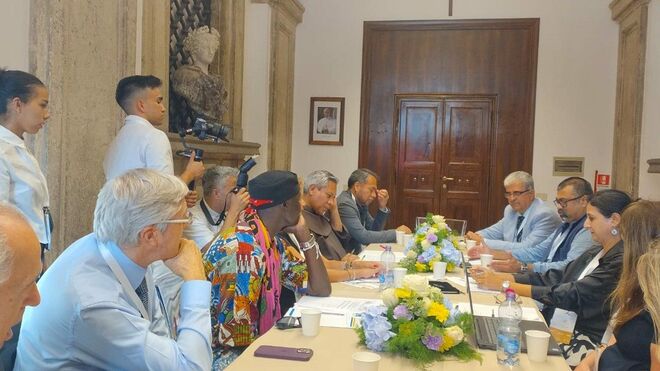
The Fratelli Tutti Foundation organized the first International Roundtable on Literature as a Tool for Peace and Fraternity at St. Peter’s Basilica.
Writers, academics, and literary figures from all continents explored how literature can foster dialogue, cooperation, and the pursuit of more harmonious communities.
The Argentine poet and philanthropist Alejandro Guillermo Roemmers was appointed president of the Roundtable.
09.10.2025 (Vatican News) — As part of the 3rd World Meeting for Human Fraternity, the Fratelli Tutti Foundation organized a forum that brought together writers, Nobel laureates, and scholars from around the world. Various spaces for dialogue were held, and in the case of literature, discussions focused on how it can promote dialogue, cooperation, and the building of more harmonious societies.
A pioneering project
The first Roundtable for the Study and Research of Literature as a Science for the Promotion of Peace was held within St. Peter’s Basilica, in one of the classrooms of the Fabbrica di San Pietro. This gathering brought together Nobel laureates, writers, diplomats, academics, and representatives of different religious traditions, with the goal of demonstrating that cooperation is more powerful than competition—and that literature can play a central role in building fair and compassionate societies.
The Roundtable, coordinated by the Argentine Alejandro G. Roemmers, proved to be an innovative project—not only as a tool for the aesthetic refinement of poetic language but also as an instrument of humanist expression and cultural encounter between different faiths and traditions.
Looking to the future
The Fratelli Tutti Foundation has expressed its intention to hold this Roundtable annually, integrating it into its research and action programs under the conviction that art and the humanities are essential for nurturing a culture of fraternity and cooperation.
Beyond literature
The World Meeting for Human Fraternity also included reflection sessions on digital ethics, integral ecology, and global governance. The creation of a dedicated space for literature marks a historic precedent, placing it on equal footing with other dimensions of thought and social action, and highlighting the importance of language and imagination in shaping new forms of understanding, dialogue, and peace in the 21st century.
